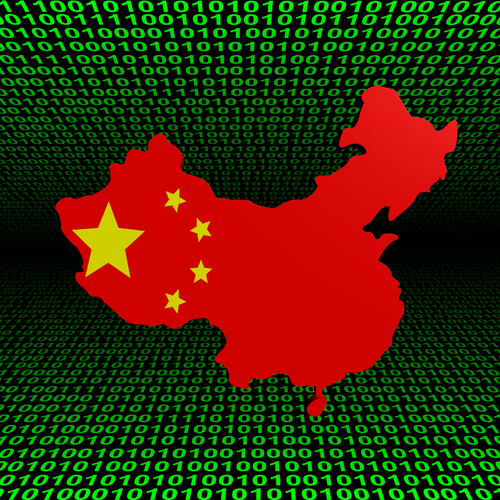US ‘Planning China Cyber-Sanctions’

The US is reportedly planning its first use of an order enabling it to freeze assets of those involved in economic cyber-attacks
The US government is considering imposing economic sanctions on China in retaliation for its suspected involvement in cyber-attacks intended to benefit the Chinese economy, according to a report.
The Obama administration hasn’t yet made a final decision on whether to apply the sanctions, but that decision could come soon, perhaps within the next two weeks, The Washington Post reported on Sunday, citing unnamed administration officials.
Sanctions order
 The sanctions would be the first use of an executive order signed by President Obama in April allowing the US to freeze the financial and property assets of, and bar commercial transactions with, individuals or entities abroad who engage in commercial cyber-espionage or cyber-attacks.
The sanctions would be the first use of an executive order signed by President Obama in April allowing the US to freeze the financial and property assets of, and bar commercial transactions with, individuals or entities abroad who engage in commercial cyber-espionage or cyber-attacks.
They would target individuals or organisations who have benefited from cyber-thefts such as nuclear power plant designs, search engine source code, and energy company business data, all of which US officials have connected with China, according to the Post.
The sanctions wouldn’t retaliate for other attacks linked to the country, such as a series of high-profile cyber-breaches that resulted in the theft of the personal data of millions of users, including the theft of US government personnel data, because those incidents are considered for espionage, rather than commercial, purposes, the report said.
China has denied involvement in cyber-crime, but the FBI said last month the country was behind most of a 53 percent surge in economic cyber-attack cases over the past year.
‘Signal’ to China
One of the unnamed Obama administration officials cited by the Post said the sanctions are intended to send “a signal to Beijing” that the US “is going to start fighting back on economic espionage”, while reassuring the private sector.
The White House declined to comment on the report, but said the executive order in question is intended to allow the formation of a “comprehensive strategy” against “malicious cyber actors”.
“That strategy includes diplomatic engagement, trade policy tools, law enforcement mechanisms, and imposing sanctions on individuals or entities that engage in certain significant, malicious cyber-enabled activities,” a White House spokesperson said in a statement.
The US has begun gearing up for presidential elections next year, with cyber-security issues taking a prominent place in the pre-election discourse.
Are you a security pro? Try our quiz!